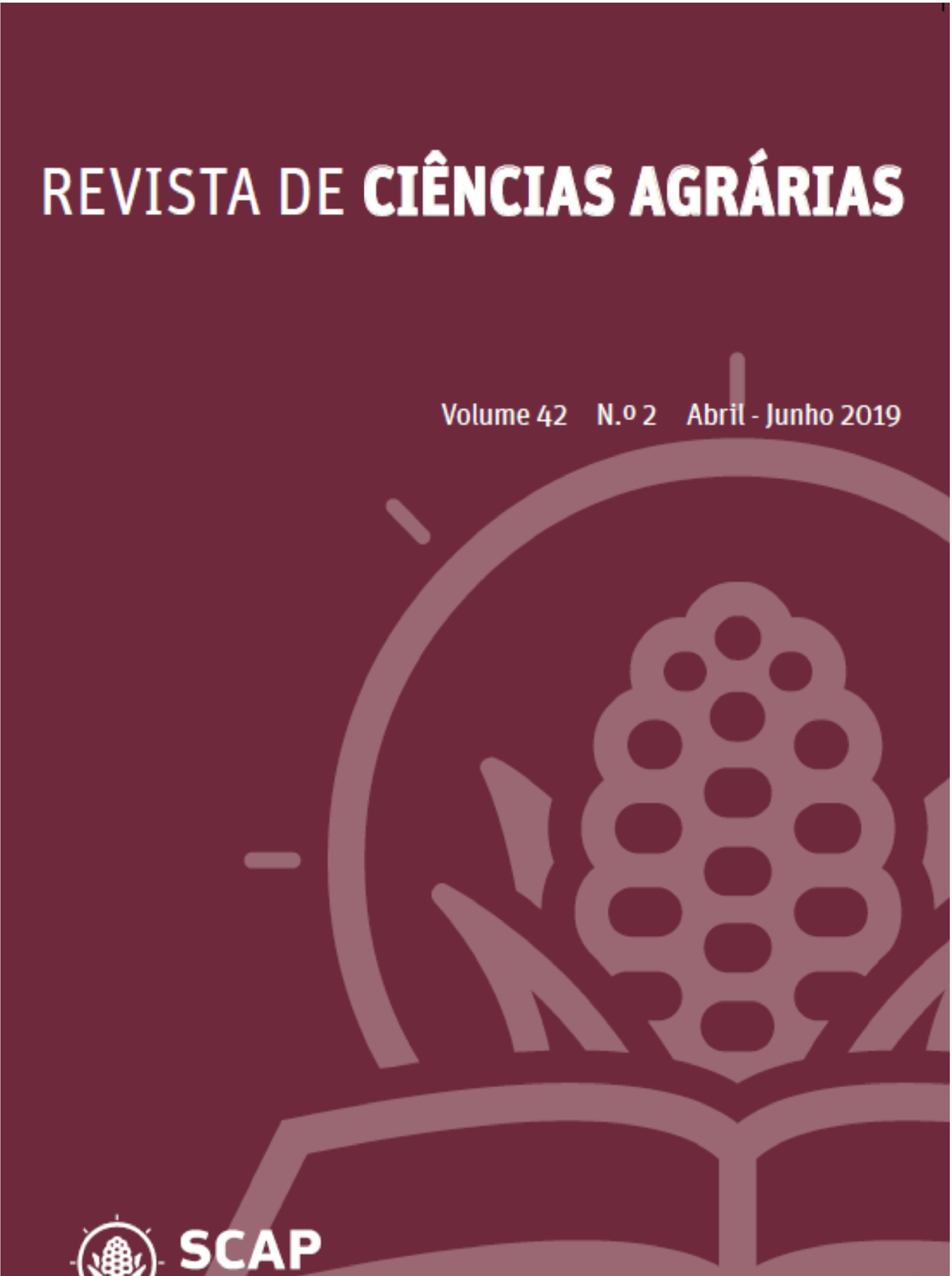Gherkin seedling production in saline environment based on seeds treated with biostimulant
DOI:
https://doi.org/10.19084/rca.17175Abstract
Quality seedling production is related to various factors including irrigation water quality which, depending on the quantity of salts dissolved in it, can negatively affect seed germination, seed vigor and seedling growth. The aim of this experiment was thus to evaluate gherkin seedling germination and development in saline stress conditions using seeds treated with different doses of biostimulant. To do so, gherkin seeds cv. Liso de Calcutá, were subject to two levels of irrigation water salinity (0.5 and 3.5 dS m-1) and five doses of Stimulate® biostimulant (0, 5, 10, 15, and 20 mL kg-1 of seeds) in a completely randomized experimental framework using a 2 x 5 factorial design with four 40 seed repetitions. Seedlings emergence, emergence speed index, number of leaves, root collar diameter, plantlet height, root length, dry mass of root and of aerial part, and total dry mass were evaluated at the end of this experiment. The results indicated that high quality seedlings were obtained using seed treatment with a biostimulant in 10 mL kg-1 of seed doses; however, the use of saline water considerably reduced gherkin seedling development and inhibited the beneficial effect of biostimulants.


